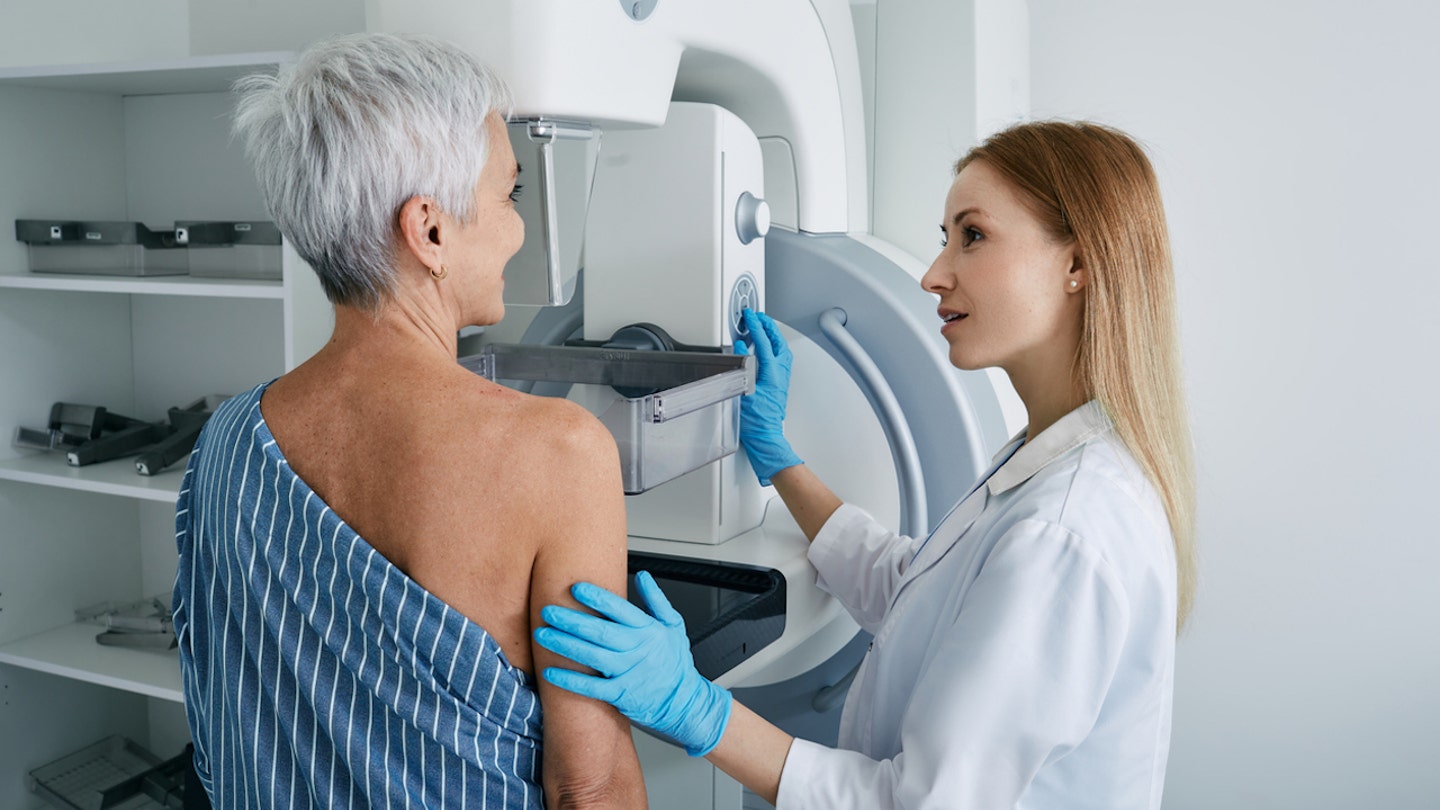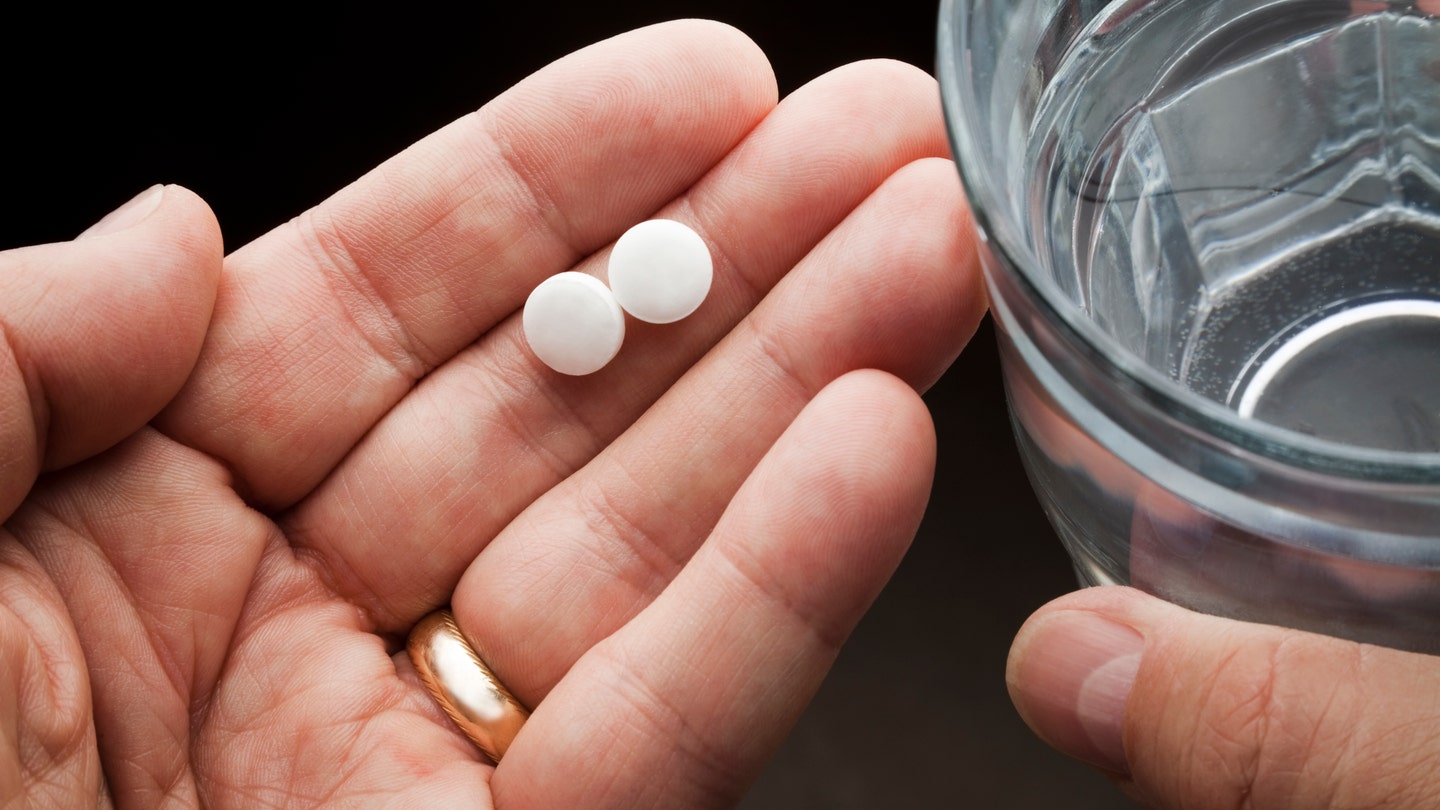While some cancers are driven by genetics, studies have shown that up to half of all cases are caused by behavioral risk factors — which means they’re preventable.
Doctors recommend some common lifestyle changes to prevent cancer, such as not smoking, eating nutritious foods, wearing sun protection and limiting exposure to carcinogens — but each person’s means of reducing risk can look different.
Researchers at Mass General Brigham have compiled four specific, research-backed strategies for reducing risk.
BREAST CANCER DIAGNOSES SPIKING AMONG WOMEN UNDER 50, NEW REPORT REVEALS
1. Stay on top of preventive screenings
Procrastination is one of the top reasons for missed cancer screenings, research has shown.
Researchers at Mass General Brigham have compiled four specific, research-backed strategies for reducing risk. (iStock)
For example, colon cancer is the second leading cause of cancer death in Black individuals in the U.S., but many do not get the recommended screenings.
A study by Dr. Adjoa Anyane-Yeboa, a gastroenterologist at Massachusetts General Hospital (MGH), found that “self-reported procrastination” was the primary reason for the skipped screenings, fueled by “financial concerns, COVID-19 concerns and fear of both the test and bowel preparation.”
DRINKING ALCOHOL IS LINKED TO SIX TYPES OF CANCER, EXPERTS SAY: ‘IT’S TOXIC’
“The key takeaway from this study is that all providers should discuss colorectal cancer screening at regular intervals with all of their patients, because early detection through screening saves lives,” Anyane-Yeboa told Fox News Digital.
“To reduce their cancer risk, all people should be screened starting at age 45 and talk to their families about their family history to figure out if they need to be screened earlier.”

Screening guidelines for other types of cancers can be found on the American Cancer Society website. (iStock)
“Colorectal cancer is preventable with screening, and screening really does save lives.”
Screening guidelines for other types of cancers can be found on the American Cancer Society website.
2. Improve your sleep health
Insufficient or poor-quality sleep has been linked to a higher risk of developing cancers.
Heming Wang, PhD, assistant professor of medicine at Brigham and Women’s Hospital (BWH), led a research team that examined the impact of insomnia on ovarian cancer risk.
OVARIAN CANCER SIGNS, SYMPTOMS, DIAGNOSIS AND TREATMENT OPTIONS
“Insomnia is a common sleep disorder among ovarian cancer patients,” Wang told Fox News Digital.
“Our research revealed that insomnia increases the risk of a specific subtype of ovarian cancer and is associated with reduced survival in patients,” he went on.

Insufficient or poor-quality sleep has been linked to a higher risk of developing cancers. (iStock)
“These findings highlight the importance of addressing insomnia in the prevention and management of ovarian cancer.”
Based on these findings, seeking treatment for insomnia can help reduce the risk of certain types of ovarian cancer, according to the researchers.
3. Know the risks and benefits of daily aspirin use
Research has shown that regularly taking aspirin or another non-steroidal anti-inflammatory drug (NSAID) can reduce the risk of developing colorectal cancer — but it can also lead to dangerous side effects, such as bleeding and inflammation.
“It is important to know if you are more likely to benefit from daily aspirin use,” according to MGH.
LEUKEMIA PATIENT RECEIVES FIRST-EVER BONE MARROW TRANSPLANT FROM DECEASED ORGAN DONOR
Daniel Sikavi, MD, and Andrew Chan, MD, of MGH, led a study that explored the link between aspirin and colon cancer risk.
“Our results suggested that people with a less healthy lifestyle — higher body mass index, more smoking, greater alcohol use, less physical activity and poorer diet quality — had a greater absolute benefit from aspirin use in reducing their risk of colorectal cancer,” Sikavi told Fox News Digital.

Research has shown that regularly taking aspirin can reduce the risk of developing colorectal cancer — but it can also lead to dangerous side effects. (iStock)
People with a healthier lifestyle had a lower overall risk of colon cancer, the researchers found, but regular aspirin use didn’t have the same protective effects for that group.
“This work is an important example of a more personalized approach to cancer prevention by targeting effective prevention strategies to populations that are the most likely to benefit,” Sikavi noted.
4. Cut down on sugar-sweetened beverages
More than half of the U.S. population consumes sugar-sweetened beverages (SSBs) on any given day, studies have shown.
CLICK HERE TO GET THE FOX NEWS APP
Research by the American Cancer Society (ACS) found that men and women who drank two or more servings of SSBs per day had a 5% higher risk of dying from an obesity-related cancer.
“Despite their sweet taste, sugary drinks pose significant health risks,” Longgang Zhao, PhD, a researcher at Brigham and Women’s Hospital, told Fox News Digital.
CLICK HERE TO SIGN UP FOR OUR HEALTH NEWSLETTER
“Researchers have already linked the beverages to obesity, diabetes and heart disease.”
Zhao recently led a study that investigated the link between sugar-sweetened beverages and liver cancer risk among postmenopausal women.

Research has found that men and women who drank two or more servings of sugar-sweetened beverages per day had a 5% higher risk of dying from an obesity-related cancer. (iStock)
“In our current study using data from the Women’s Health Initiative prospective cohort, we found that postmenopausal women who drank one or more sugar-sweetened beverages per day had a higher risk of developing liver cancer and dying of chronic liver disease than those who drank less than three or fewer sugar-sweetened beverages per month,” he said.
For more Health articles, visit www.foxnews.com/health
“If a causal link is established between sugary drinks and liver disease, the broader implications for global public health initiatives are substantial.”
